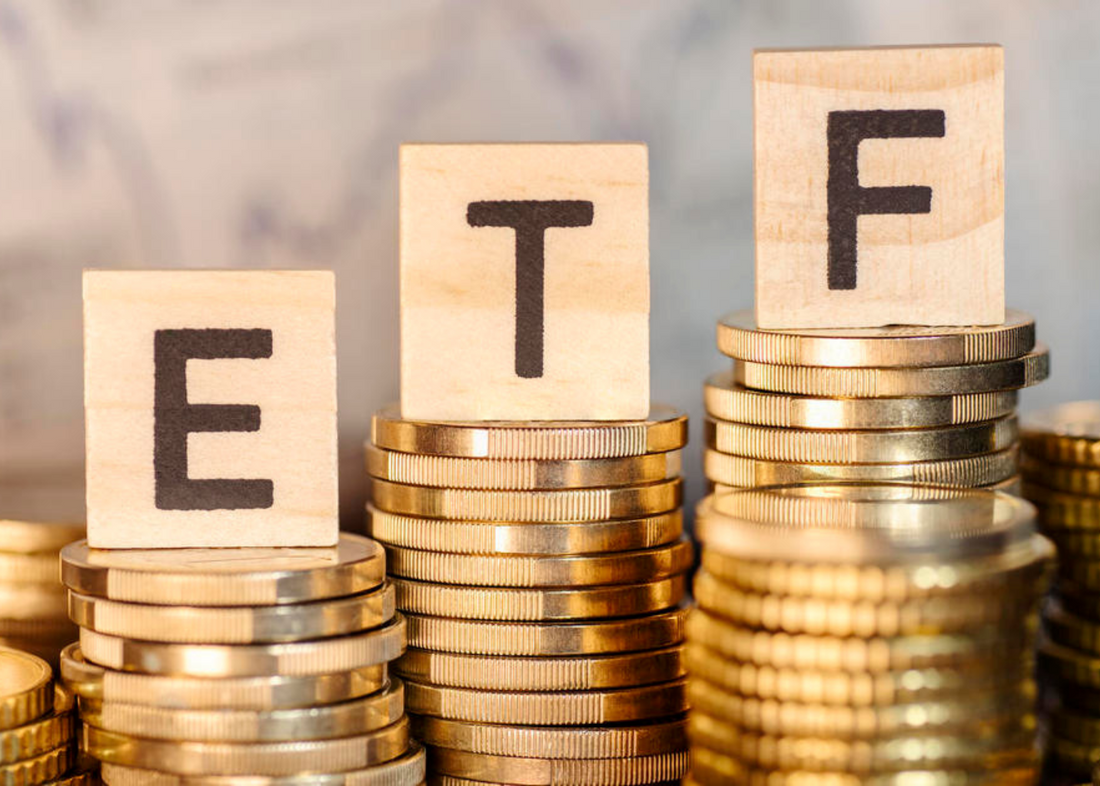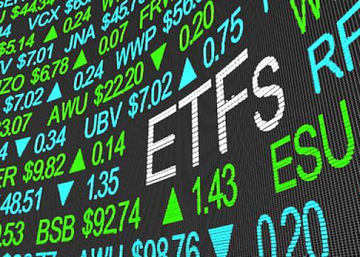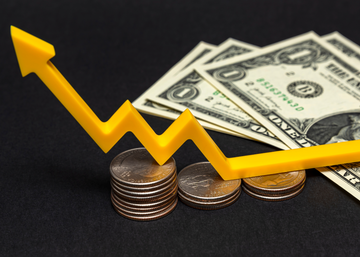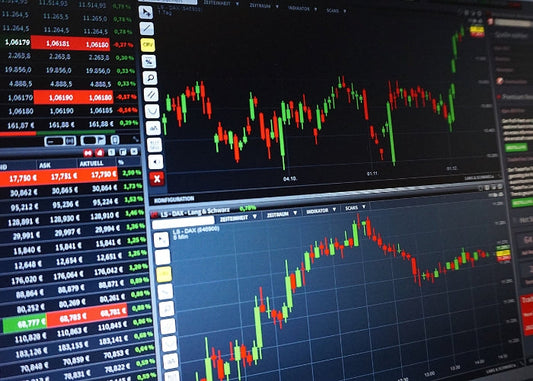What is the difference between ETFs and other financial instruments?

If you want to invest your money in different securities and thus spread the risk, you can invest through your broker, for example, in funds or Exchange Traded Funds (ETFs). But which financial instrument fits which purpose?
Popular ETFs
Exchange-traded funds (ETFs) have experienced a real boom in recent years. They have been available for more than 20 years. As the name suggests, ETFs can be traded over the stock exchange. That means that you can buy and sell the product on each trading day, just like shares. This is not possible with regular investment funds. Their purchase and sale are only possible once a day via the fund provider. The aim of an ETF is to replicate an index as precisely as possible. The best-known ETFs are equity ETFs, which are based, for example, on large stock market barometers such as the DAX, S&P 500, Nasdaq 100, or EuroStoxx 50. However, ETFs are also available on other assets such as bonds, real estate, and commodities. The principle is the same for all of them: Investors participate 1:1 from the gains and losses of the reference index.
ETF versus investment fund
ETFs are often compared to traditional investment or mutual funds. After all, they are both funds, just with different characteristics. One particular advantage of ETFs compared to normal funds is that investors pay significantly lower management fees. The simple reason for this is that ETFs only track the reference index. This is why ETFs are also called passively managed products. A manager of an investment fund, on the other hand, has to actively manage the portfolio, for example, to buy and sell positions depending on the market situation. Funds are therefore actively managed products for which higher management fees must be paid.
The manager of the conventional fund argues that by his active intervention, he can increase opportunities and reduce risks. In principle, this is correct. However, experience has shown that actively managed funds often do not outperform their benchmark indices. This is one reason why ETFs have become increasingly popular. After all, why buy an expensive fund when I can get a cheaper ETF that outperforms the regular fund? However, the latter is not always the case. There are indeed actively managed funds that perform better than comparable ETFs - especially when the markets are trending downward. Then ETF investors participate 1:1 in the market's losses, while active funds can minimize losses.
Long investment horizon with ETFs
In principle, ETFs are a good choice when the market to which they relate is booming. For those who want to invest their money in ETFs long-term, the products are very interesting. Over the long term, i.e. over an investment period of at least 10 years, you have a good chance of achieving attractive returns. For example, major benchmark indices such as DAX (leading shares of Germany), EuroStoxx 50 (Eurozone equities), and S&P 500 (U.S. equities) have been significantly positive over the long term in the past. ETFs are a good and cost-effective alternative to actively managed country, regional and sector equity funds. There are now a number of markets or regions on which you can invest with the corresponding ETFs. One example is the MSCI World Index, which contains around 1600 equities from all the industrialized countries of the world. With an MSCI World ETF, you can invest in numerous countries and sectors around the globe - with one single financial product. ETFs and funds are both classified as special assets, which cannot be accessed by the fund company's potential creditors or by the fund company itself. The investment capital is separate from the assets of the capital management company.
The mixture makes the difference
Due to their transparency and cost efficiency, ETFs are suitable for investors who want to invest in entire markets and regions in the most uncomplicated and cost-efficient way possible. In return, they must be aware that losses can occur in downward phases. Experts therefore advise long-term investment periods in order to to ride out temporary price dips. With actively managed funds the investor pays a higher management fee than for ETFs. Therefore, these fees must first be earned through a correspondingly good performance. Those who assume that the manager of a fund will not outperform the corresponding market are more likely to prefer the ETF on a chosen benchmark index. However, ETFs, funds and stocks in a portfolio are not mutually exclusive. The advantage of ETFs, however, is that investors can invest in an index with one single transaction, without having to pay attention to the individual selection of stocks, bonds or other index members.
What makes ETFs so special?
- Index certificates track the price movements of underlying assets such as shares, bonds or commodities on a 1:1 basis.
- ETFs are a low-cost investment product
- Invest in an index with a single transaction using an ETF.
- ETFs are special assets and therefore particularly protected against insolvency
- ETFs are a bull market product.
No comments
Home
Trive
TriveHub





0 comments